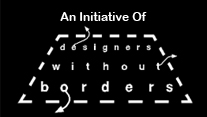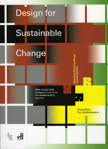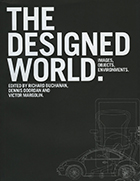David Stairs
Standards: Americans are obsessed by them. Where they don’t exist we generally find a need to create some. Those we have are often found to be inadequate, like radiation dosimeters that monitor gamma- but not beta-wave emissions. One cannot fully appreciate the value of regulations or standards until one lives in a place that doesn’t have any, or has so few and they are so toothless as to make a mockery of those that do exist.
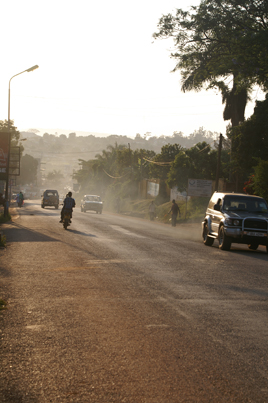
Uganda is such a place. In Kampala the air quality is being degraded day by day. The micro-fine red dust rises from all the roads on dry days, becoming slicker-than-eggyolk mud on wet ones. As previously detailed here, road washout rates, a result of an El Nino effect and a bankrupt pothole budget, make for tough driving most days, and impossible conditions on unpaved rural roads. As a result, the vehicle of choice for those who can afford it is a big diesel SUV.
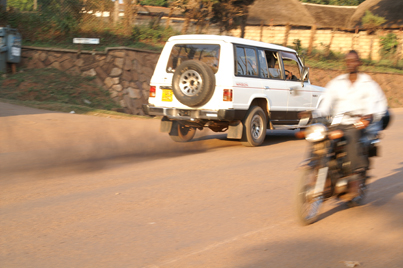
The main urban transit system is a privatized mini-bus fleet. The object of most matatu drivers is to make as many round trips as possible in one working day. All of these vans are second-hand diesels from Japan. The police have their hands full just making sure thousands of drivers and their vans are licensed and registered. Inspecting them for safety, let alone emissions, is out of the question.
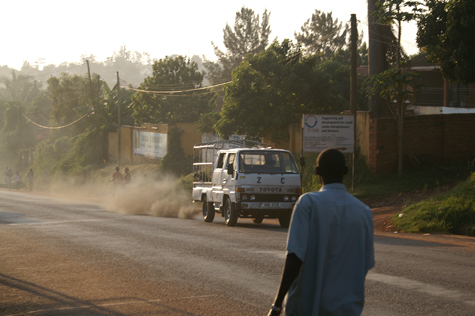
Alongside these two categories are the boda-bodas. These small second-hand motorbikes clog the avenues like waves of whining mosquitoes, ferrying passengers more quickly and directly than vans. Boda drivers are the most dangerous drivers alive in the national demolition derby that is Uganda’s road system. Bodas squeeze between stationary and moving vehicles, drive the wrong way, pass on either side, drive down sidewalks, and do almost anything to get a fare through gridlocked traffic. Many of these scooters fare poorly under constant heavy loads and terrible weather conditions, but are barely maintained. As a consequence, tailpipe emissions are often a cloud of burned oil.
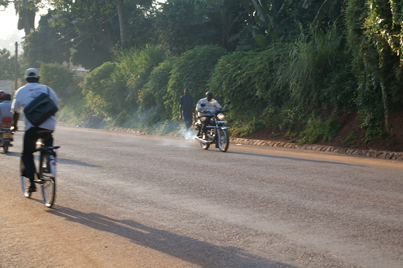
Low-lying neighborhoods, like Kabalagala, the one at the foot of Tank Hill Road, become smog sinks late in the afternoon. This is all bad news to asthma sufferers, although in a land of endemic cholera, AIDS, malaria, and tuberculosis asthma does not get much attention. Add to it a universal tendency to burn garbage, and you have a city heading in the direction of Pittsburgh at mid-twentieth century.
I realize this scenario describes many cities in the developing world. Some, like Kinshasha, Mumbai, or Mexico City, have killer-smog conditions. Kampala, at 1.5 million people, is a long way from such a state, but heading hell bent in that direction. Each month, more and more cars leave the import bonded warehouses, with an accompanying cumulative effect on the atmosphere.
I’d like to think Kampala is a city desperately in need of hybrid technology. But hybrids will never catch on in Uganda. Power and style are the popular themes among the upper classes, not efficiency and health. And if technological changes are not introduced by those who can afford them, they’re unlikely to happen at all.
Is there a design moral to all of this bellyaching? How about, wherever you live: 1) learn to drive less; 2) learn to walk more; 3) don’t expect people in the developing world to sacrifice in the name of saving the rest of us when they’re working so hard to have what others have and; 4) don’t complain about standards, especially pollution standards. The commons you foul could one day resemble Kampala’s, and I promise you you wouldn’t like that.
David Stairs is the founding editor of Design-Altruism-Project

